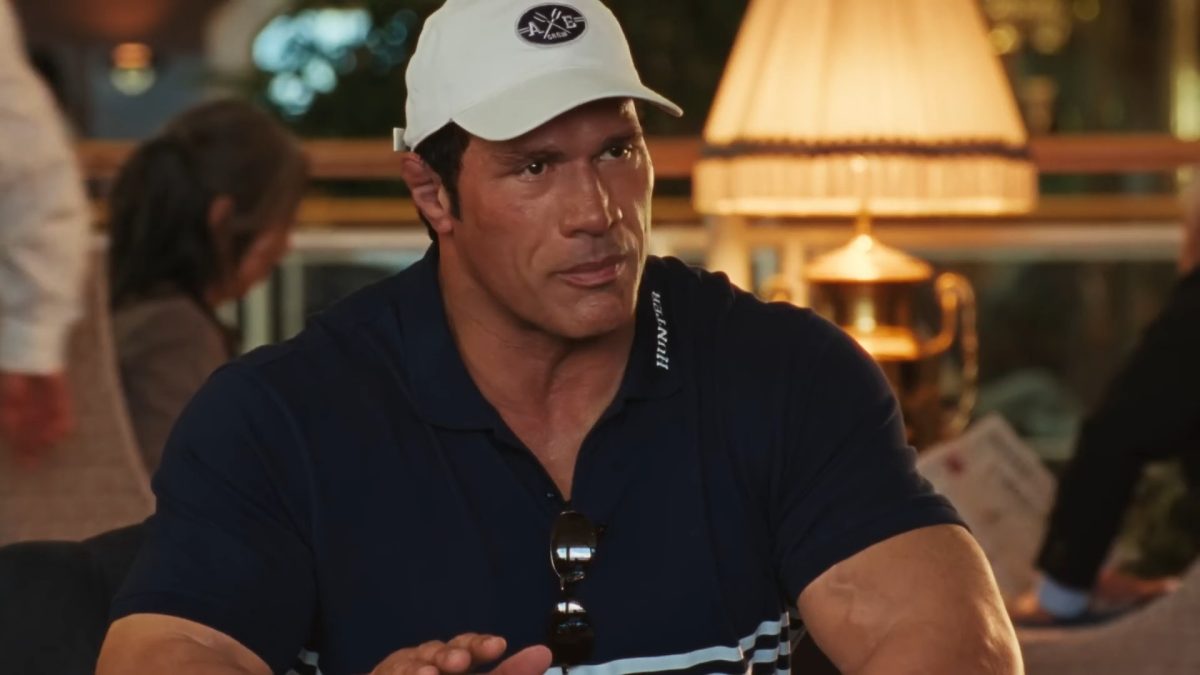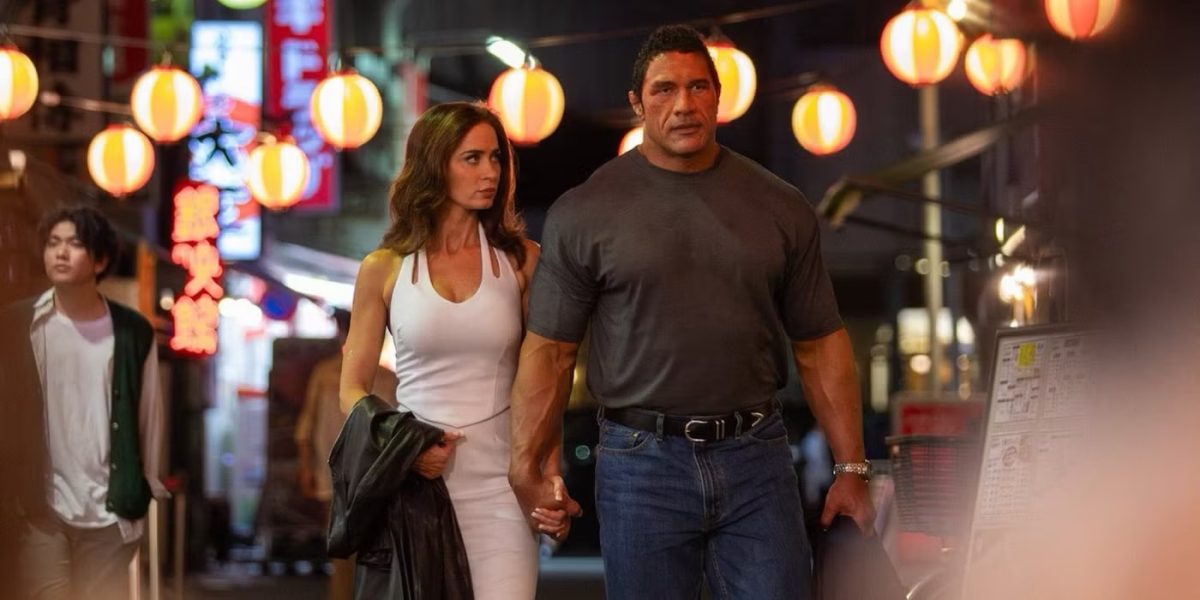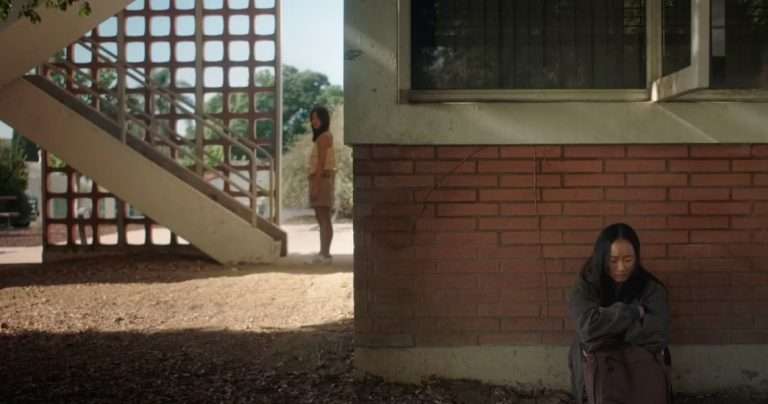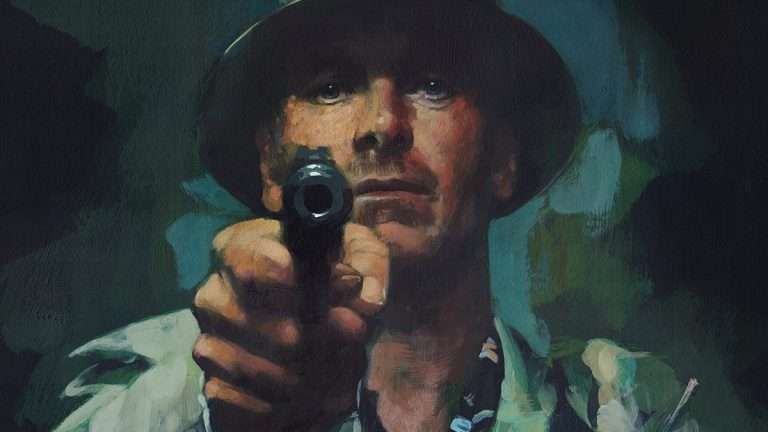From the ring to the red carpet: how Dwayne Johnson’s latest reinvention exposes the limits of his Hollywood transformation. Few wrestlers have transitioned from the squared circle to the silver screen as successfully as Dwayne ‘The Rock’ Johnson and John Cena. Once rivals in the scripted world of WWE, both have evolved into modern embodiments of the Hollywood leading man – abnormally sculpted, self-aware, and endlessly marketable. The Rock and Cena have followed similar Hollywood trajectories, albeit with a touch of imbalance.
In recent years, The Rock has ascended to mythic celebrity status – a brand, a symbol, even a potential presidential candidate – while Cena has carved out a quieter path with less cultural impact, perhaps, but an admirable one built through meme culture, James Gunn collaborations, and the occasional Amazon Prime hit.
The overlap between the wrestling ring and the movie set is striking. Both are built on performance and the illusion of authenticity, the promise that what’s unfolding is real. From Hogan to Austin, many iterations of Mr. Muscle have trekked the tricky terrain to Tinseltown, some to major success, à la Dave Bautista, who reached similar cartoonish heights in Gunn projects and tackled more dramatic turns in the heightened blockbusters of Denis Villeneuve (Dune, Blade Runner 2049). Yet none have had the box-office impact of Hollywood superstar Dwayne ‘The Rock’ Johnson.
After decades of sequels, reboots, and over $14.9 billion in box-office receipts, Johnson returns with Benny Safdie’s bruising biopic of UFC fighter Mark Kerr, which asks him to shed the polished myth of The Rock and embody a man broken by addiction, ego, and failure. Johnson’s career has always been one long act of controlled spectacle, but with “The Smashing Machine,” he’s aiming for something different: sincerity.
Putting down his WWE Heavyweight Championship belt, The Rock has emerged from the blockbuster rubble, depositing his usual wisecracks and visual gags, his arched eyebrow merely a fossil, lost until a new franchise excavates it for lucrative returns. From the debris, a new form of entertainer has emerged, his eyes firmly on the prize and the mirage of an Oscar looming above his head like a halo. Welcome to the serious acting world, Dwayne Johnson.
Must Check Out: 10 Best Pro-Wrestling Movies, Ranked
Some have praised Johnson for being “unrecognisable” in Safdie’s tepid character study. Despite the excellent prosthetics – which, for the briefest moment, allow Johnson to physically escape from his former form – we’re never far from the true Rock hiding behind the thick layers of foamy prosthetic lining his face. Physically, he’s all latex, from silicone skin to tight, pinched pants; he lays bare his body but reveals nothing beneath the artificially constructed surface. Emotionally, Johnson remains visible in every frame. He’s most convincing when doing what he’s always done best: breaking things, fighting in a ring, or pumping iron. The physicality fits, the introspection does not.
This physicality is aided by the monstrous frame of Johnson, whose back is as broad as the thematic taps Safdie aims to pour, and is just slightly too large to embody his subject or escape into his role. As he has done for many years, Johnson looms over the screen and his fellow co-stars, towering over the subtle, soft weight of the drama that Safdie is attempting to carve, like a bull in a dramatic China shop, clumsily disrupting the delicate screenplay, smashing it to pieces.
Johnson’s new endeavour shouldn’t diminish or undervalue the worth of the comedic roles and big-budget blockbusters that his WWE counterparts have explored previously. It could be argued that John Cena’s turn in “Peacemaker” and Bautista’s portrayal of Drax in “Guardians of the Galaxy” are as dramatically impactful and funny as anything Johnson has attempted. In many ways, they commit more truthfully to their own metatextual absurdity, achieving greater resonance than the strained gravitas Johnson musters in Safdie’s film.
Ironically, in trying to prove his depth, Johnson diminishes the comedic action work that made him a box-office success, making an implicit slight at the ‘silliness’ that came before. In doing so, he rejects the value of what made him a star, disregarding it as an inferior endeavour. One peek at the weepy 15-minute standing ovation received at the Venice Film Festival is evidence of his emotional pursuit to commit to something more worthy.
At Venice, Johnson was, for the first time, swapping sweat for tears, delicately mopping his juiced-up eyes with a tissue and basking in the critical accolades he’s been craving. The irony is hard to miss. The emotion flows convincingly off-screen, while on-screen everything feels hollow.
Opportunities for Johnson to prove his dramatic worth come and go, like a wrestler waiting to be tagged into the ring; the Oscar-worthy iteration of Johnson appears briefly, but never fully steps through the ropes. One such moment comes midway through the film, when Kerr, confined to a hospital bed, breaks down as his friend and fellow fighter Mark Coleman (played by real-life UFC veteran Ryan Bader) moves to comfort him.
Instead of confronting the moment, Johnson pulls the blanket to his eyes and quietly sobs, hiding under a bedsheet, his face hidden and out of sight. Vulnerability, the very thing the role demands, never surfaces. Behind prosthetic and blanket alike, the façade falters.

He does all this opposite Ryan Bader, another real-life wrestler who delivers a solid performance. The crucial difference is that Bader has truly lived that world; he is a genuine combat athlete playing a role that requires less escapism or artistic affectation, and he’s stronger for it. Perhaps that’s what this performance needed, someone who has genuinely fought, who’s stepped into the ring without knowing the outcome. In Johnson’s contractualised media sphere of PR-friendly interviews and prearranged victories, the struggle feels absent, there’s no sense of loss to wrestle with, and Johnson can’t channel that missing reality through the real-life pain of Mark Kerr.
Also Read: The Smashing Machine (2025) ‘Venice Film Festival’ Movie Review: Hulking Dwayne ‘The Rock’ Johnson’s Anti-Biopic is Stylish, Underwhelming Sports Flick
Strangely enough, it doesn’t help that Johnson’s first foray into serious drama sees him play a wrestler. Mickey Rourke was transcendent in Aronofsky’s “The Wrestler,” but his performance was fuelled by off-screen truth and fragility. Rourke is emotionally and physically bruised from years of combat and personal troubles.
Yet, if we’re being candid, The Rock emerged from his wrestling years with a reputation as clean as his pearly whites, having carved a Hollywood persona dictated by public performances and meticulous marketing, carefully managed and squeaky-clean, leaving no grit to mine. Save for a few moments that have trickled by like piss in the wind, the man’s PR is so polished it might as well be trademarked.
At the crux of this performance lies a bigger question: where does Dwayne Johnson end and The Rock begin? The film opens with Kerr talking about the importance of winning, but when Johnson says those words, who is really speaking, the man whose career was built on “winning” as a brand promise, or the actor trying to escape that myth? On and off-screen personas simultaneously fail to meaningfully collide yet also seem inseparable, the silicone glue binding together the many faces of Dwayne Johnson, The Rock, and Mark Kerr.
And that’s the paradox. In modern Hollywood, The Rock is a performer, a future politician, a product, and a brand wrapped up in one neat package. But when a persona becomes that many things at once, it loses the capacity to be any of them convincingly. The film tries to strip him down to something raw and human, but there’s nothing left to strip. What we’re left with is a wasted swing at what could’ve been an interesting career turn and challenge. Despite his long history in the ring, in a bizarre twist of irony, donning prosthetics and taking on the physicality and emotional heft of another wrestler is the last role Johnson should be doing.
I used to love WWE and respected its craft – the pantomime, the performance, all carried by a knowing wink – but “The Smashing Machine” never finds that balance between reality and showmanship. For all its muscle and melancholy, I’m left wondering how this is really any different from the ring-based pantomime that made The Rock famous all those years ago.








![Four Samosas [2022]: ‘Tribeca’ Review – A Hilarious Heist Comedy That Celebrates Love, Friendship & India](https://79468c92.delivery.rocketcdn.me/wp-content/uploads/2022/06/FOUR-SAMOSAS-2022-768x432.png)
